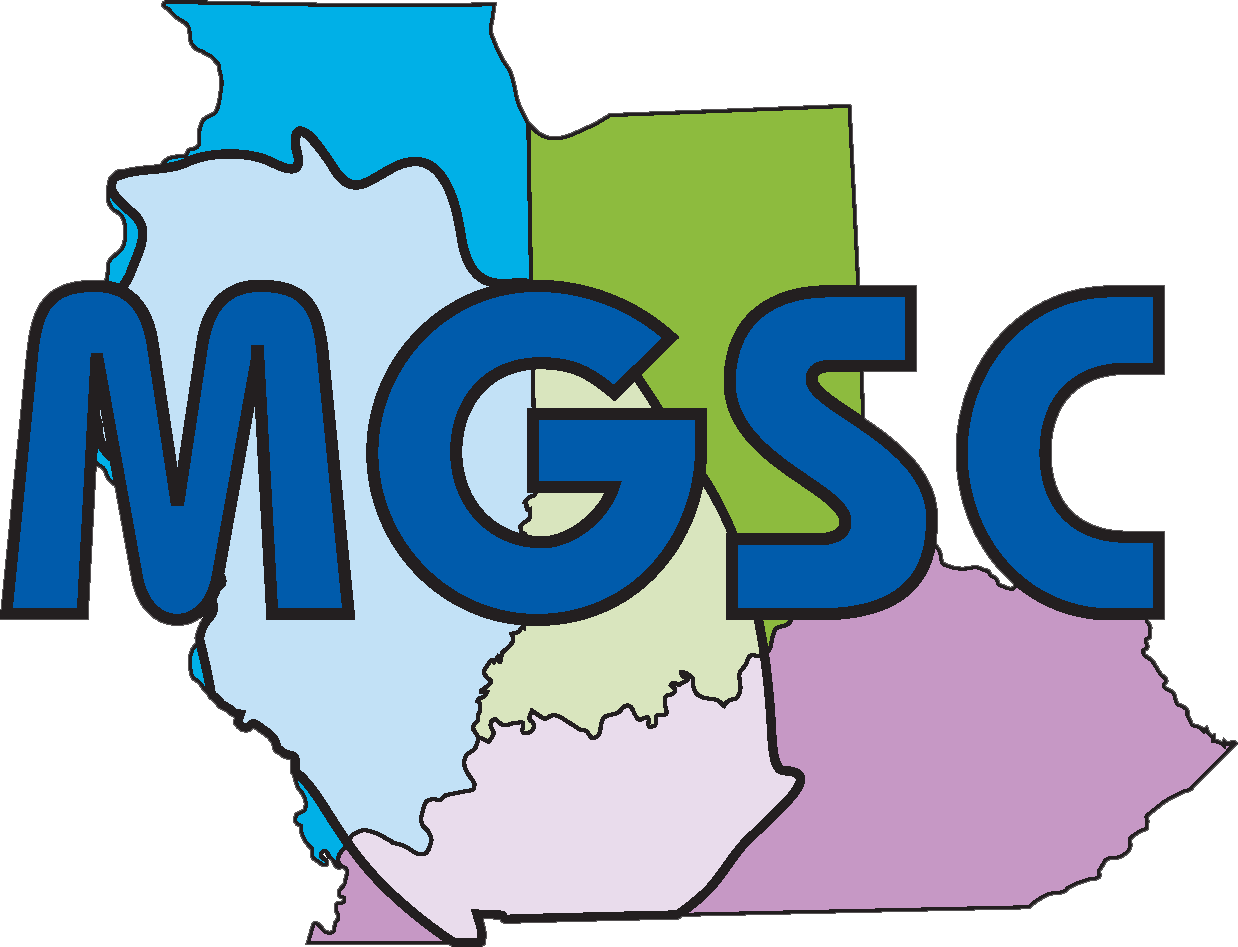Computational Methods
in Water Resources
XIX International Conference
![]() June 17-21, 2012
June 17-21, 2012
at the University of Illinois at Urbana-Champaign
Special Session on:
Advances in Heterogeneous Computing for Water Resources
Conveners:
André R. Brodtkorb, SINTEF
Wen-mei Hwu, University of Illinois
Description:
This session is focused on the use of heterogeneous computing resources (i.e. the combination of multi-core CPUs and many-core GPUs) for water resources. Over the last ten years, the use of GPUs for computation has gone from academic proof-of-concepts to industrially viable applications, showing speed-ups of 5-50 times over traditional approaches. Speed is of the utmost importance for many applications in water resources, making the use of heterogeneous computing attractive. In this session, we seek presentations of the state-of-the-art of heterogeneous computing for applications in water resources. Topics of interest include, but are not limited to, novel applications of heterogeneous computing resources; computational efficiency and performance assessment; and accuracy, and verification and validation.
Papers and Abstracts:
Heterogeneous Parallel Implementation of a Semi-Implicit 3D Hydrodynamic Model
Mario C. Acosta, Mancia Anguita, Francisco J. Rueda, F. Javier Fernández-Baldomero
Reporting Performance in the Third Age of GPU Computing - How to optimize, verify and validate GPU codes
André R. Brodtkorb
Explicit Shallow Water Simulations on GPUs: Guidelines and Best Practices
André R., Brodtkorb, Martin L. Sætra
Multi-GPU Simulation of Tsunamis Generated by Submarine Landslides
Marc De la Asunción, José Miguel Mantas, Manuel Jesús Castro, José Manuel González
Advanced, hardware-oriented Shallow Water simulations based on the Lattice-Boltzmann
Method
Markus Geveler
Shallow Water Simulations on Sparse Grids
Martin Lilleeng Sætra
Simulating dam-break flow through idealized city layouts with GPU-based SPH method
Jiansong Wu, Rozita Jalali Farahani, Robert A. Dalrymple, Hui Zhang


